Are you tired of paying high energy bills every month? Do you want to reduce your carbon footprint while also improving your building? If so, you need a BEAP-certified professional to perform an energy audit for your facility.
What is a BEAP Certification?
BEAP (Building Energy Assessment Professional) certification is a credential awarded by the ASHRAE (American Society of Heating, Refrigerating and Air-Conditioning Engineers) to individuals who have demonstrated their expertise in the field of building energy assessments. BEAP-certified professionals are trained to identify energy efficiency opportunities, develop energy management plans, and provide recommendations to reduce energy consumption and costs.
Why You Need a BEAP-Certified Professional to Perform an Energy Audit for Your Facility
1. Identify Energy Efficiency Opportunities and Reduce Costs
A BEAP-certified professional can conduct a comprehensive assessment of your building’s energy systems, including HVAC, lighting, and controls. They can identify areas of inefficiency and recommend improvements that can reduce energy consumption and costs. Therefore, you can save money on energy bills and reduce your carbon footprint by implementing these recommendations.
2. Accurate Analysis
BEAP-certified professionals use industry-standard tools and methods to analyze the energy performance of buildings. They provide accurate and reliable data on your building’s energy use and identify areas for improvements in energy efficiency. By having a BEAP-certified professional perform an energy audit, you can be sure that the analysis is accurate and based on sound principles.
3. Compliance with Energy Codes and Standards
BEAP-certified professionals understand with energy codes and standards, including ASHRAE Standards, commonly used as the basis for building energy codes. They can help you ensure compliance with these codes and standards, avoiding potential penalties and fines. By complying with energy codes and standards, you can also ensure that your building is safe and healthy for occupants.
4. Improved Building Performance
The recommendations provided by a BEAP-certified professional can improve the performance of your building, including indoor air quality, thermal comfort, and occupant productivity. This can result in increased employee satisfaction and productivity, as well as improved customer satisfaction.
Conclusion
If you want to save money on energy bills, reduce your carbon footprint, and improve the performance of your building, you must consider having a BEAP-certified professional conduct an energy audit at your facility. By doing so, you can ensure compliance with energy codes and standards, and improve the overall performance of your building. So, what are you waiting for? Contact a BEAP-certified professional today and start saving money on energy bills tomorrow!









